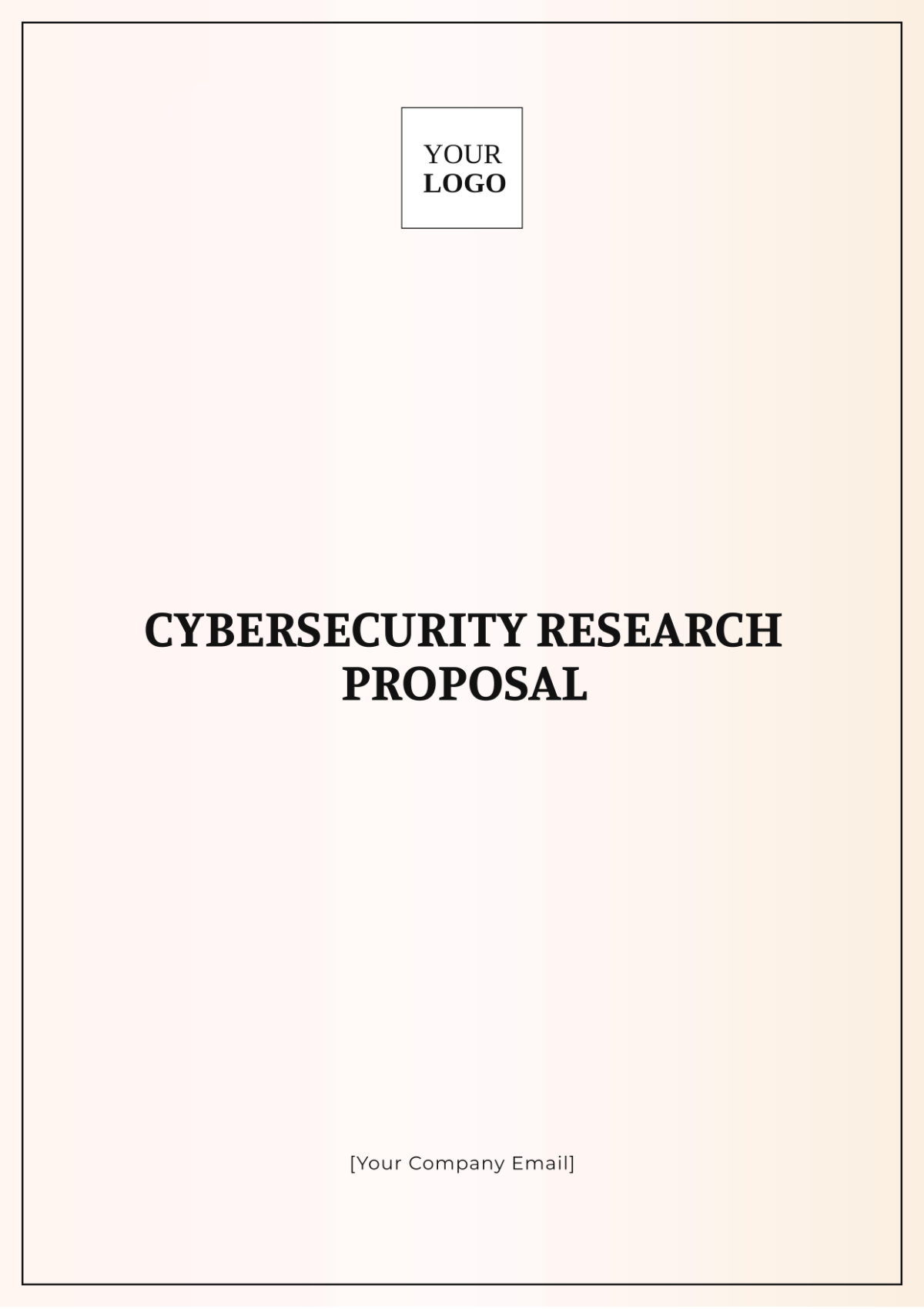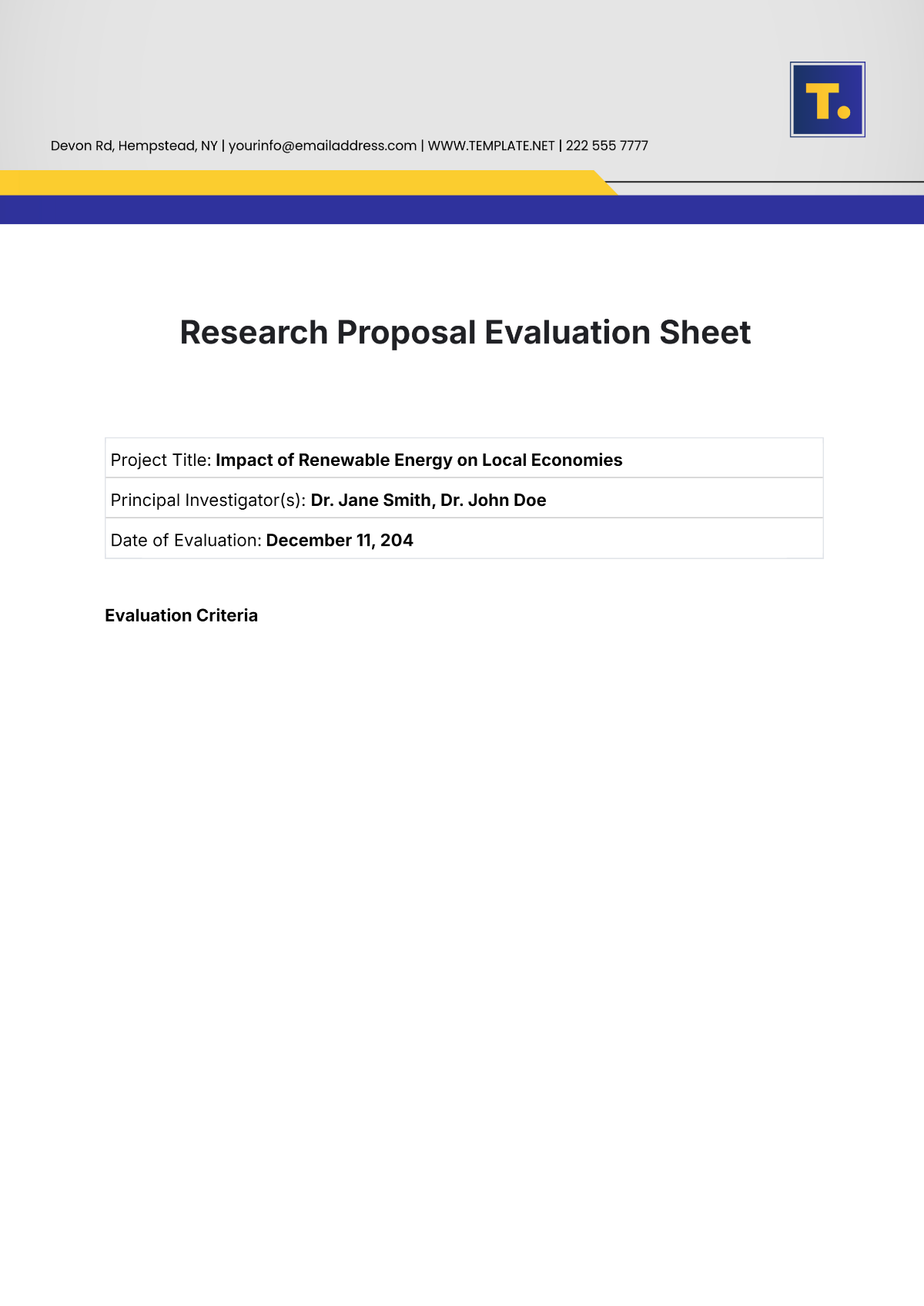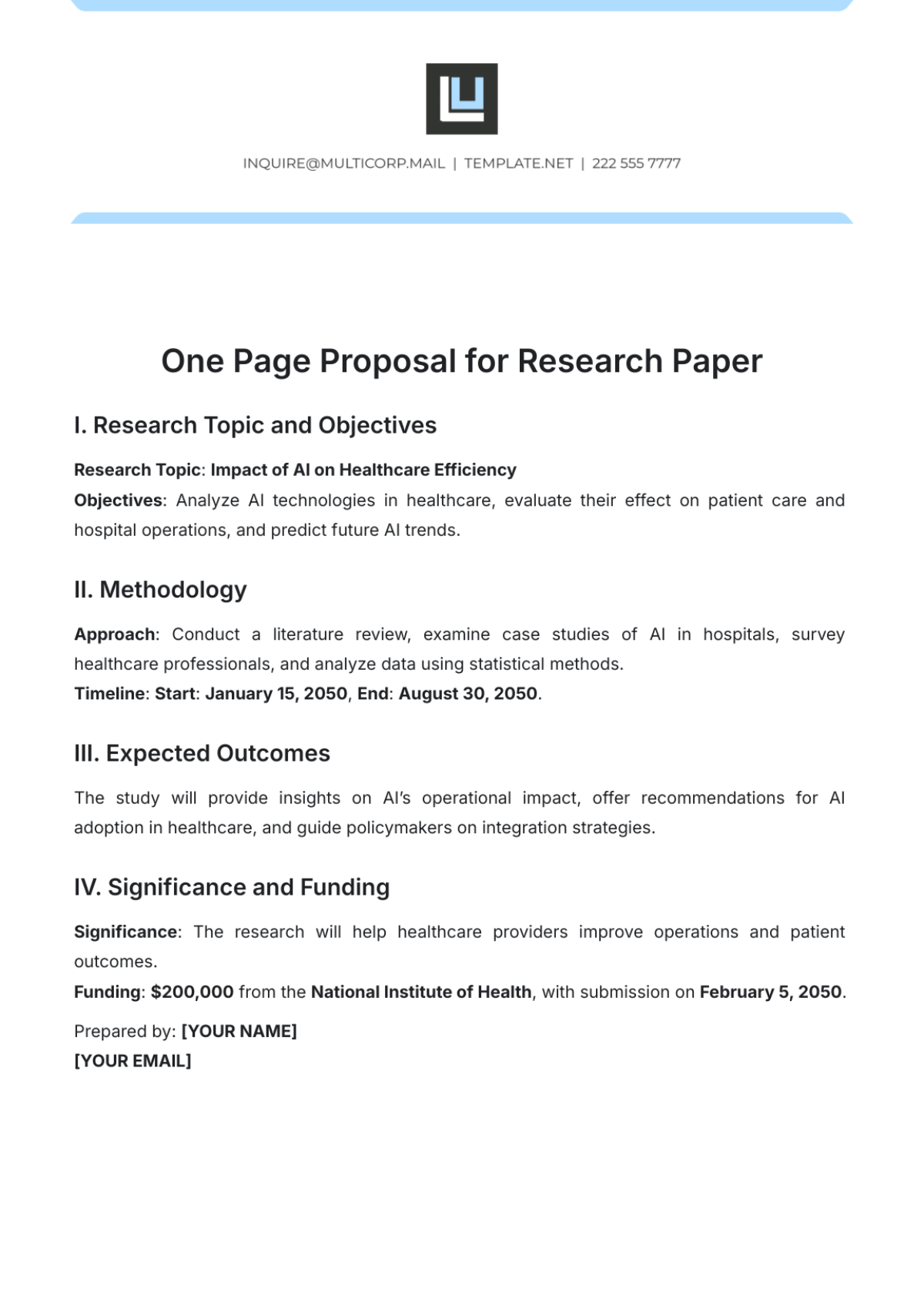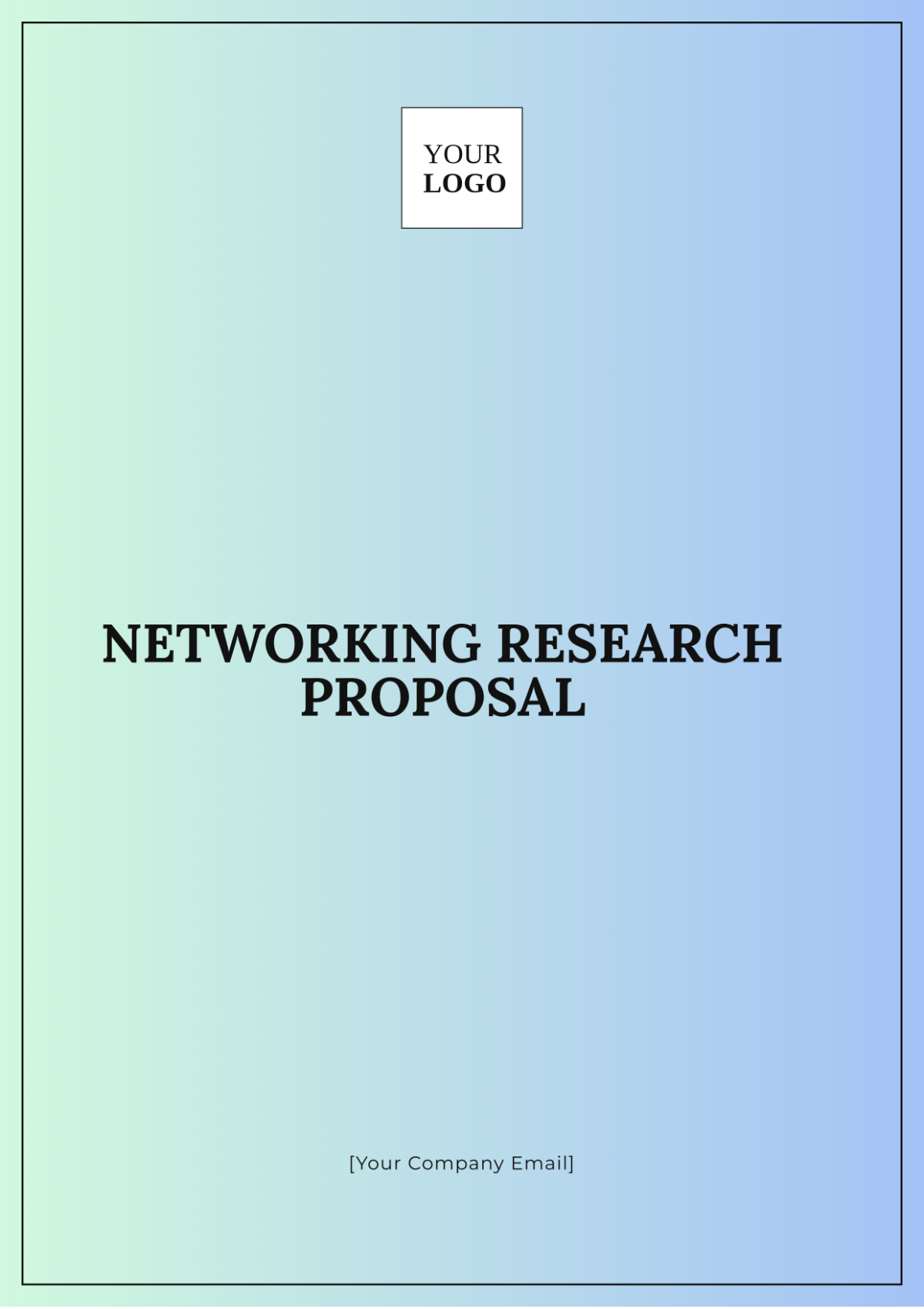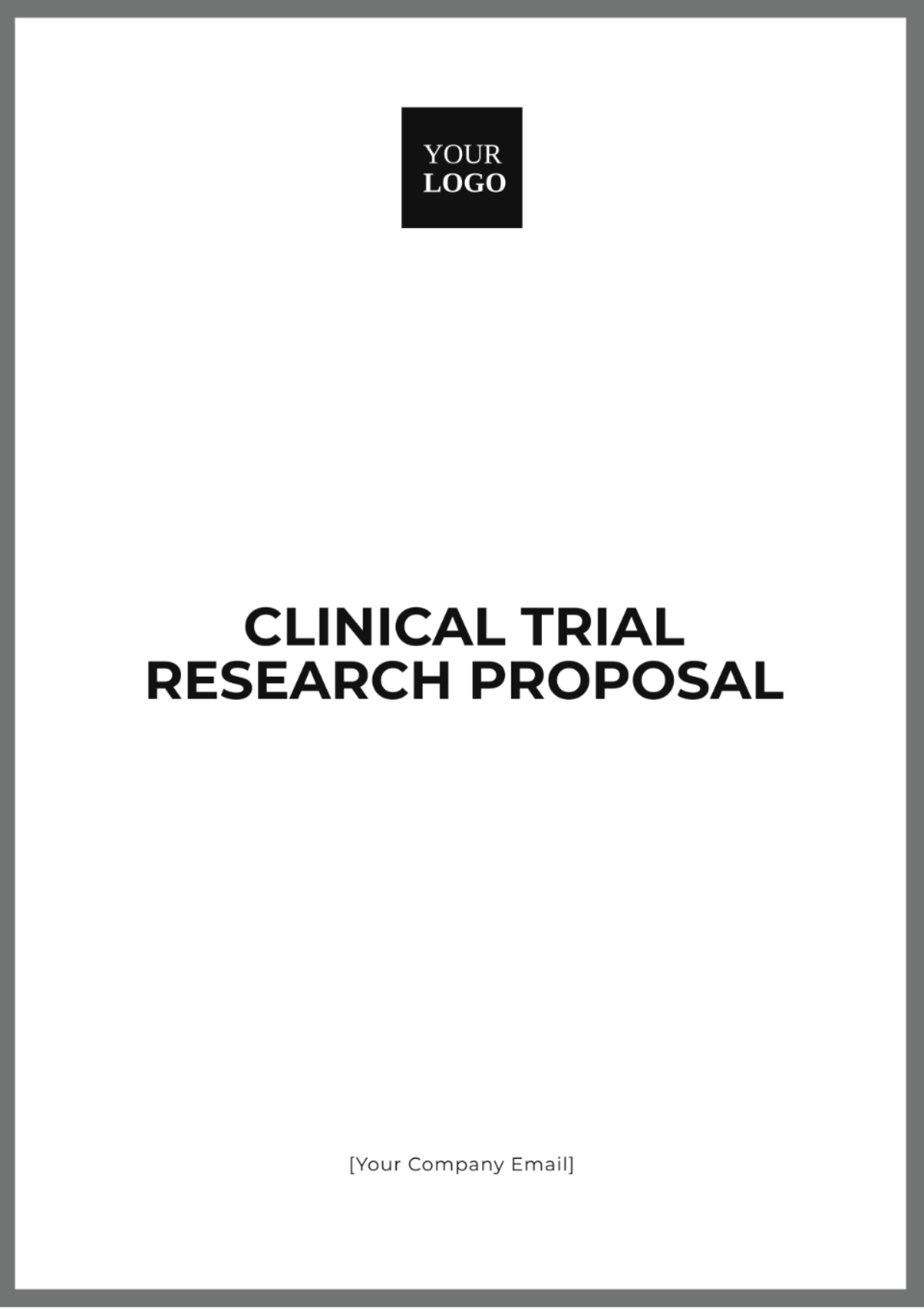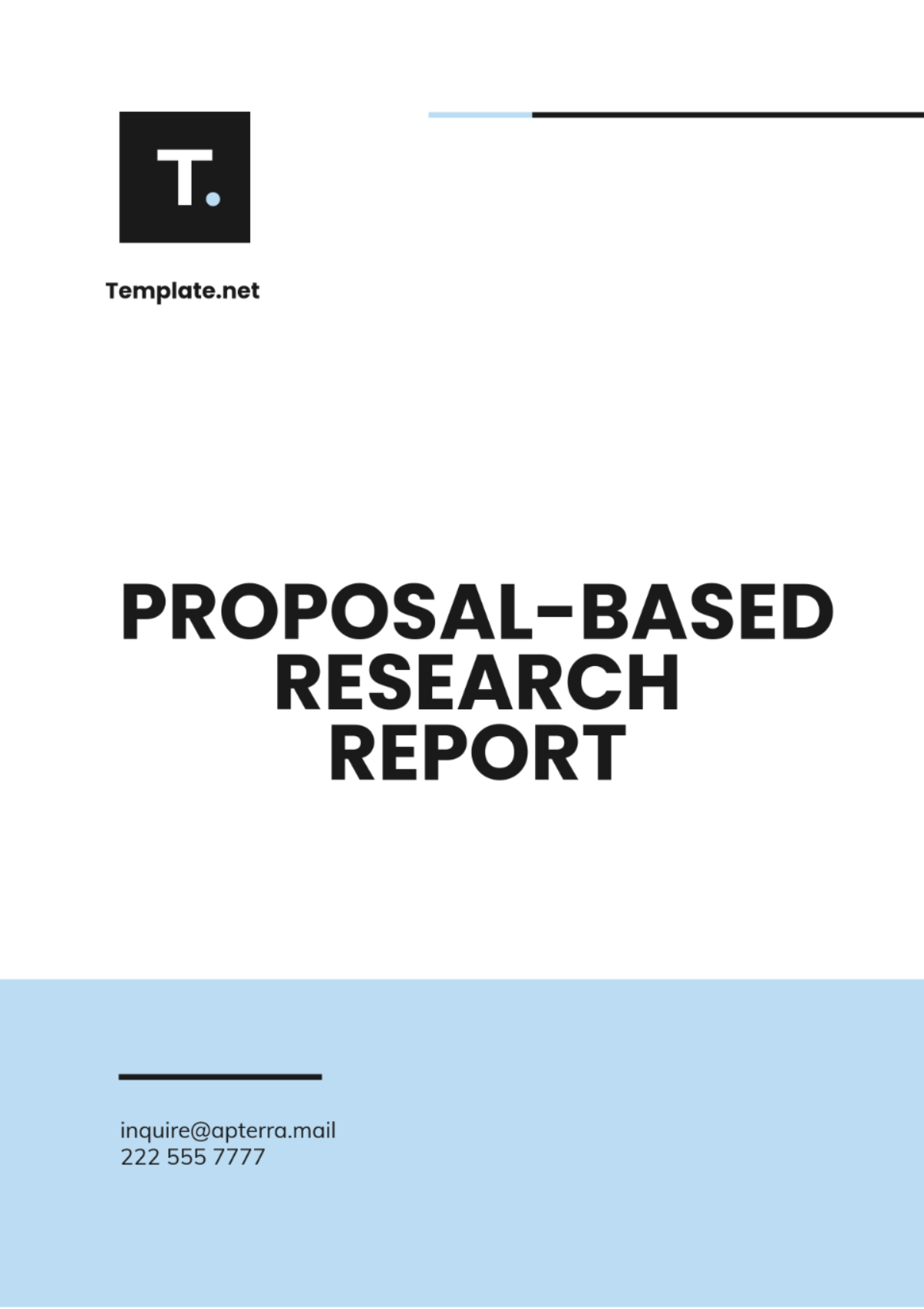Networking Research Proposal
Researcher: [Your Name]
Date: [Date]
I. Introduction
In today's digitally connected world, networking plays a crucial role in ensuring seamless communication and efficient data transfer. This research proposal aims to explore advancements in the field of networking, focusing on computer networks, telecommunications, and data communication. By understanding recent developments and identifying future trends, this study will contribute valuable insights to both academia and industry.
II. Objectives
The primary objectives of this research are:
To investigate current challenges and solutions in managing computer networks.
To analyze advancements in telecommunications technologies and their impact on data communication.
To explore innovative techniques for enhancing network security and data integrity.
To provide a comprehensive overview of future trends in networking.
III. Literature Review
The literature review will focus on key areas in networking, including:
Computer Networks: Studies on network architectures, protocols, and performance metrics.
Telecommunications: Research on wireless communication, 5G technologies, and internet infrastructure.
Data Communication: Analysis of data transfer methods, bandwidth optimization, and error correction techniques.
Network Security: Exploration of cybersecurity threats, encryption methods, and intrusion detection systems.
Relevant studies and articles will be reviewed to establish a theoretical framework and identify gaps in the existing literature.
IV. Methodology
The research methodology will include both qualitative and quantitative approaches:
Literature Review: Comprehensive analysis of existing research papers, articles, and books.
Surveys: Conducting surveys among industry professionals and academics to gather practical insights.
Case Studies: In-depth analysis of real-world networking scenarios and their outcomes.
Simulation: Using simulation tools to model and evaluate network performance under various conditions.
Data Analysis: Utilizing statistical methods to analyze collected data and derive meaningful conclusions.
V. Expected Outcomes
The research is expected to achieve the following outcomes:
Identification of current challenges and innovative solutions in networking.
Detailed analysis of technological advancements in telecommunications.
Evaluation of new techniques for improving network security.
Prediction of future trends and their potential impact on the networking landscape.
Recommendations for industry practices and future research directions.
VI. Timeline
Task | Duration |
|---|---|
Literature Review | 2 months |
Survey and Data Collection | 2 months |
Case Studies and Simulation | 3 months |
Data Analysis | 1 month |
Report Writing | 2 months |
VII. Budget
Expense Category | Estimated Cost |
|---|---|
Literature Purchase and Access | $1,000 |
Survey Tools and Software | $500 |
Simulation Software Licenses | $1,500 |
Data Analysis Tools | $800 |
Miscellaneous | $700 |
Total | $4,500 |
VIII. References
Author, A.A. (2050). Advances in Quantum Networking. Futuristic Networks Publishing.
Author, B.B., & Author, C.C. (2051). Emerging Trends in 6G Networks. Journal of Future Telecommunications, 30(1), 10-25.
Author, D.D. (2052). Machine Learning in Network Optimization. In E.E. Editor (Ed.), Handbook of Artificial Intelligence for Networking (pp. 200-220). AI Press.
Author, F.F. (2053). Quantum Computing and Its Impact on Network Security. In G.G. Editor (Ed.), Proceedings of the 2053 International Conference on Network Innovations (pp. 50-65). New York, NY: Advanced Tech Publishers.
Author, H.H. (2054). Future of IoT in Smart Cities. Global Technology Insights. www.futureiot2054.com.







